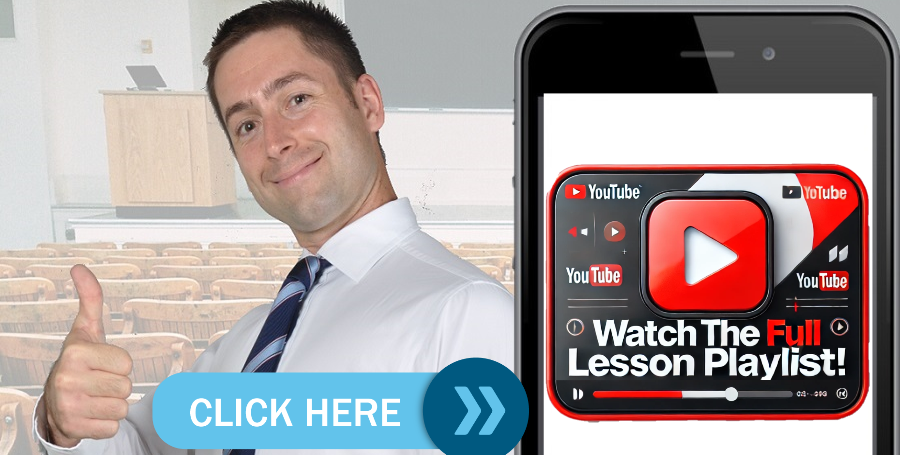Free sample lesson (audio and video):
Listen to the sample without the pauses:
Full version lesson:
Transcript
Describe a place you went to that was full of colour.
You should say:
where it was
when you went there
what you saw
and explain how you felt about being in that colourful place.
One place that truly amazed me with its colour was Ihwa Mural Village located in my home city, Seoul. I visited it last autumn with a friend who was visiting from overseas.
Ihwa Mural Village is a small neighbourhood on a hillside that was transformed into a vibrant public art space. Artists were invited to paint murals and create installations to revitalise the area, and now it’s full of life and colour. As my friend and I walked through the narrow alleyways, we saw walls covered in paintings of flowers, animals and abstract patterns. Even the staircases had artwork—one staircase had a beautiful painting of koi fish that looked like they were swimming up the steps.
What made the place even more special was how the art blended with the everyday lives of the residents. Flower pots, painted mailboxes and colourful signs made it feel like the entire village was part of an open-air gallery.
Being there made me feel cheerful and inspired. It was the kind of place that sparks your imagination and lifts your mood. It reminded me that colour and creativity can really change the way we experience a place.
 Lesson 210: A colourful place
Lesson 210: A colourful place









